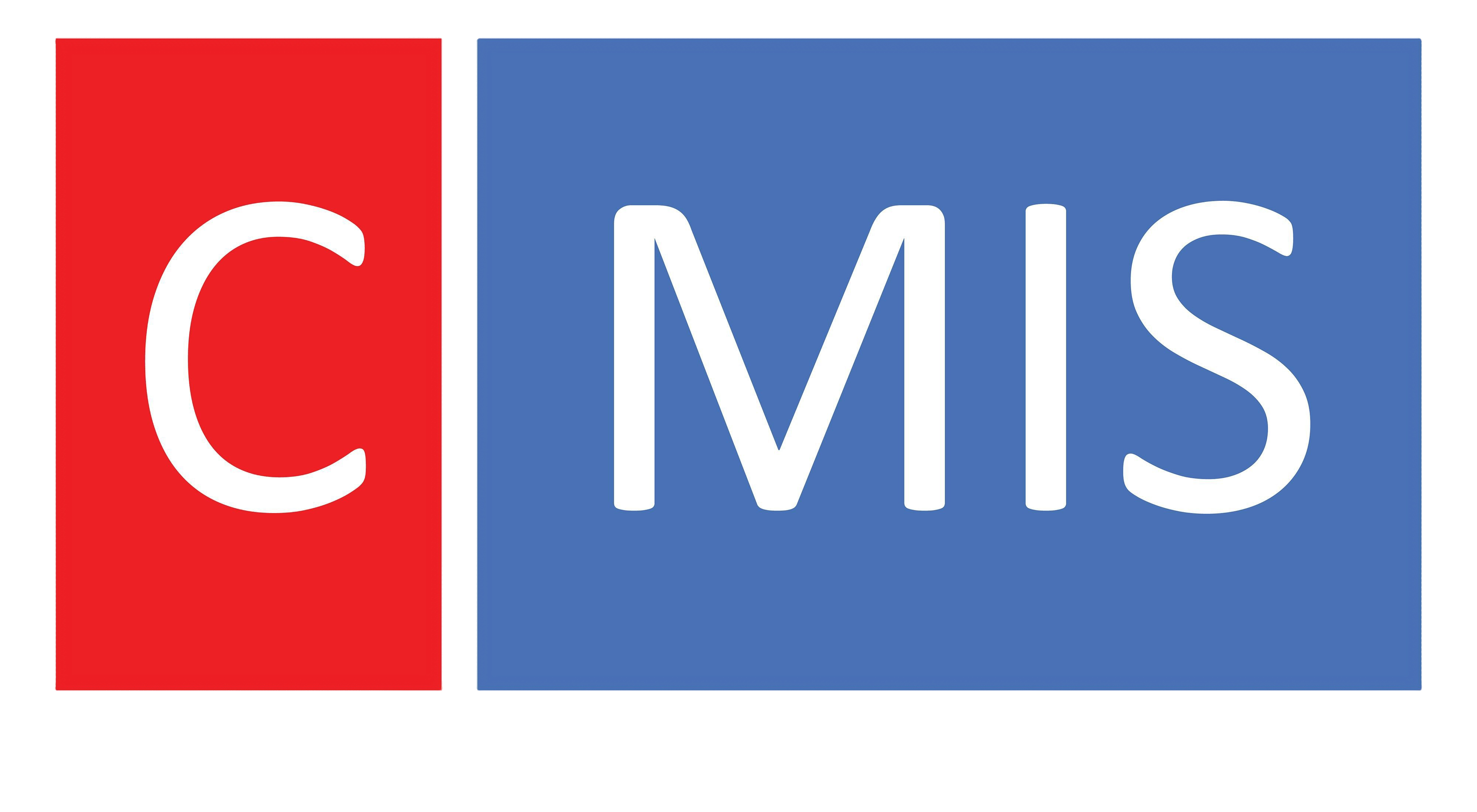Managing construction projects is a balancing act that demands precision, communication, and compliance. Construction managers in city and county settings often grapple with a unique set of challenges, particularly regarding documentation, oversight, and teamwork. To help you enhance your project management skills and avoid potential pitfalls, we’ve compiled the top 10 frequently asked questions that address these common concerns.
1. How can I protect federal funding requirements with a clear audit trail?
Understanding federal funding requirements is paramount. Establish a robust documentation system from the project's onset. Maintain records such as contracts, invoices, and time logs. Regularly update and review these documents to ensure compliance with federal regulations, thereby creating a clear audit trail that protects your funding and makes it easier to demonstrate compliance during audits. Read more ...
2. What strategies can I implement to reduce construction claims effectively?
Effective claims management begins with proper documentation and communication. Establish clear project goals and expectations from day one. Use collaborative software that allows for real-time updates and communication among team members. This proactive approach helps identify and address potential issues before they escalate into claims. Read more ...
3. How can I improve communication among project teams?
Communication is the backbone of successful project management. Encourage regular check-ins and utilize project management software that offers integrated communication tools. Implement a shared calendar to keep all team members informed of deadlines and milestones. Foster a culture where team members feel comfortable voicing concerns or suggestions to promote transparency. Read more ...
4. What strategies can help me deliver award-winning construction projects?
Aim for excellence by focusing on quality, safety, and innovation. Prioritize thorough planning and scheduling to minimize disruptions. Invest time in stakeholder engagement by involving community members and city officials in the planning process. Showcasing innovative designs or sustainable practices can also enhance your project's appeal.
5. What are the best practices for city and county construction managers?
Best practices include prioritizing documentation, maintaining open lines of communication, and adhering to regulatory standards. Regular training for your team on these areas can also lead to a more cohesive project approach. Develop a set of standard operating procedures (SOPs) that outline the project cycle, from planning to execution to closeout.
6. How can I better understand compliance issues in construction?
Compliance issues can be nuanced, depending on local, state, and federal regulations. Stay informed by attending workshops or webinars focused on construction compliance. Building relationships with regulatory agencies can also provide insight into upcoming changes and best practices relevant to your projects.
7. What software can I utilize for efficient project management?
Invest in a project management platform designed for the construction industry. Software solutions like CMIS allow for real-time collaboration, document sharing, and progress tracking. These tools streamline communication and help keep all project stakeholders aligned, ultimately minimizing risks related to documentation and compliance.
8. How can I navigate challenges in construction oversight?
Effective oversight requires a keen eye for detail and a systematic approach. Establish regular site visits to monitor progress and compliance. Use checklists to ensure all vital areas are covered during inspections. Foster relationships with contractors and subcontractors to encourage open dialogue about potential issues early in the process.
9. What role do case studies play in successful project management?
Analyzing case studies of successful projects can provide invaluable insights into best practices and innovative strategies. Look for case studies that focus on projects similar to yours regarding scale, location, or purpose. These stories can serve as a roadmap, guiding you through potential challenges and showcasing solutions that have worked well in the past.
10. How can I cultivate a culture of continuous improvement?
Continuous improvement is essential in the ever-evolving construction landscape. Encourage feedback sessions post-project to evaluate what went right and what didn’t. Implement lessons learned into future planning processes. Providing professional development opportunities for your team can also foster innovation and elevate project performance.
In conclusion, effective construction management is rooted in clear documentation, strong communication, and a strategic approach to challenges. By addressing these frequently asked questions, you can improve your management processes, reduce claims, and deliver successful projects that meet community needs while adhering to regulatory standards. With a proactive stance and the right tools, you can turn the complexities of construction management into an opportunity for growth and excellence.
By visiting https://c-mis.com/demo, you will gain insight into how CMIS can facilitate your efforts, aligning perfectly with the best practices outlined in this blog post. Witness firsthand how prioritizing detailed documentation and proactive communication can lead to successful project outcomes. This is your opportunity to equip yourself with a powerful tool designed to support the stability and efficiency of your projects.



